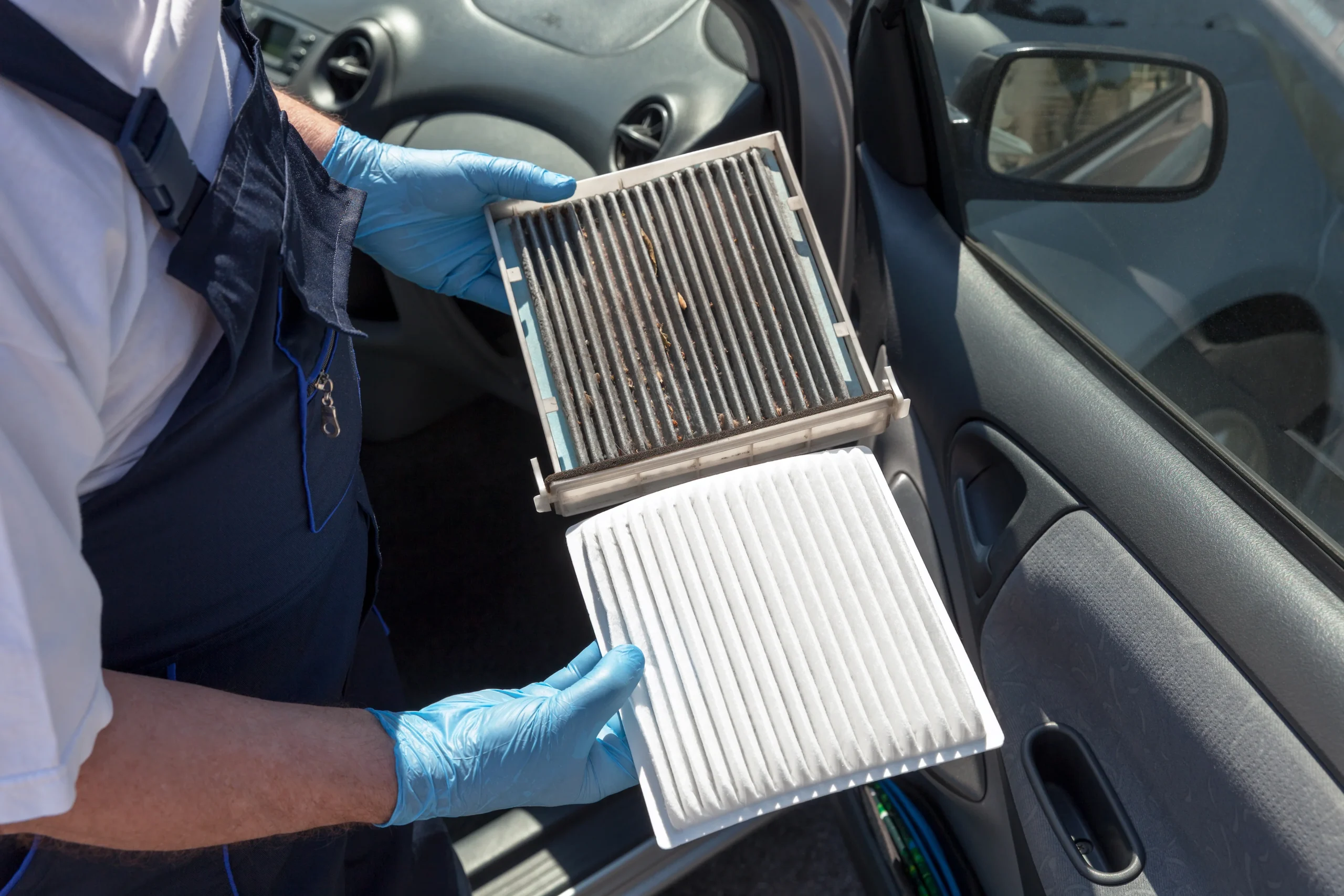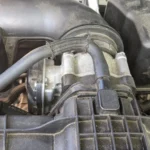
Common Problems with Cabin Air Filters and Their Lifespan
Introduction
Cabin air filters play a crucial role in keeping the air inside your vehicle clean and free from pollutants. Over time, these filters may encounter certain issues that can affect their performance. In this article, we will discuss some common problems with cabin air filters and provide insights into their average lifespan.
1. Clogged Filters
One of the most common problems with cabin air filters is clogging. As the filter traps dust, pollen, and other particles from the outside air, it can become congested and obstructed. This can result in reduced airflow and compromised filtration efficiency. Clogged filters may lead to unpleasant odors inside the vehicle and cause respiratory issues for the occupants.
2. Mold and Mildew Growth
In humid environments or if the filter becomes moist, mold and mildew can start to grow. This can occur when moisture enters the cabin air intake system or if the filter is not replaced regularly. Mold and mildew growth not only affects the air quality but also produces unpleasant odors. It is essential to address this issue promptly to prevent further contamination.
3. Damaged or Misaligned Filters
Filters can sometimes become damaged or misaligned due to various reasons. If the filter is not properly installed, it may not fit snugly, allowing unfiltered air to bypass the filter. Additionally, physical damage caused by debris or improper handling can compromise the filter’s effectiveness. Regular inspections and proper installation are crucial to ensure the filter is functioning optimally.
4. Reduced Airflow
Over time, cabin air filters can accumulate debris and particles, leading to reduced airflow. This can result in inefficient cooling or heating performance, as well as foggy windows due to inadequate ventilation. If you notice reduced airflow from the vents, it may be a sign that the cabin air filter needs to be replaced.
5. Lifespan of Cabin Air Filters
The lifespan of a cabin air filter can vary depending on various factors, such as driving conditions, air quality, and filter quality. On average, cabin air filters should be replaced every 12,000 to 15,000 miles or every 12 to 15 months. However, it is essential to refer to the vehicle manufacturer’s recommendations for the specific model you own.
It is worth noting that if you frequently drive in areas with high levels of pollution or pollen, you may need to replace the cabin air filter more frequently. Similarly, if you often drive on dusty roads or in construction zones, the filter may become clogged faster and require more frequent replacement.
Conclusion
Regular maintenance and timely replacement of cabin air filters are vital for maintaining good air quality inside your vehicle. By being aware of the common problems associated with cabin air filters, such as clogging and mold growth, you can take proactive steps to address these issues. Remember to follow the manufacturer’s recommendations regarding the lifespan of your specific cabin air filter to ensure optimal performance and clean air for you and your passengers.




